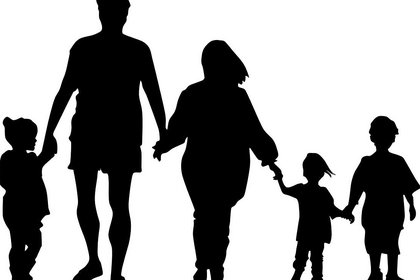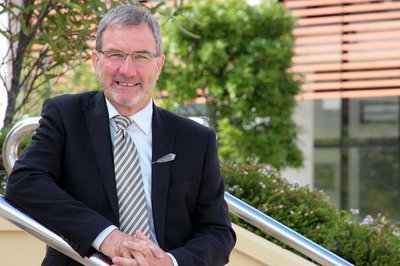
The nuclear family of two parents and three children is no longer the predominant model.
We are living and working longer, having less children and at a later age – so what does this mean for the future of the family, and how do we even define ‘family’?
In a nationwide public lecture tour culminating in Auckland this week Distinguished Professor Paul Spoonley shares insights on how the typical family has evolved since the 20th century and what the key influences and drivers are for these changes.
While major demographic changes in New Zealand are re-shaping notions of family/whanau, Professor Spoonley warns there is a lag in social policy to reflect these emerging changes.
The days when the nuclear family was the predominant structure have well and truly gone and we are having to find new descriptions of what families look like – such as “beanpole families”, or longer, thinner family structures with less children and more generations present, says Professor Spoonley, Pro Vice-Chancellor for the College of Humanities and Social Sciences.
New technologies – and new social and cultural norms – have meant a growing number of non-biological parents and the use of surrogacy. Blended and same sex parent families are on the rise as a result of law changes introducing civil unions and same sex marriage.
Millennials (or Gen Y, those born between the early 1980s and 1990s) are experiencing delayed – or ‘fuzzy’ – transition into adulthood. Childless couples and one child families are becoming more common, as are the number of people opting to living alone. The number of couples without children is expected to rise from 513,000 in 2013 to 757,000 in 2038.
The family norm of last century in New Zealand was three+ children with dad as the main breadwinner. The median age for women to marry was 22, only five per cent of women aged between 30 and 39 never married and the divorce rate was three couples per 1000 (in the early 1960s). Only five per cent of families were sole parent compared with 28 per cent now. The average age to marry is now 30, and the current rate is around 10 couples per thousand people, while the divorce rate is just over 12 per thousand. Forecasts for the next 20 years indicate most families will either have one child or be childless, says Professor Spoonley.
“The Prime Minister [Jacinda Ardern] is increasingly typical of her generation – a working mother who has had her first child at age 37. The average age of the mother at first birth is creeping up – the largest number of children born last year were to women in their early thirties – and many are opting to have only one child – or none at all. Declining fertility is very apparent in the trends,” he says.

Sociologist Distinguished Professor Paul Spoonley has been sharing insights on new trends in family structures.
Home for longer
In other trends, young adults are likely to live with their parents for longer due to delayed – or no – home ownership, while many Baby Boomers (people born between 1946 and 1964) are delaying retirement as they continue to work, travel, or care for elderly relatives or grandchildren.
Professor Spoonley’s aim in his Wellington, Auckland, Palmerston North, Hawke’s Bay and New Plymouth lectures has been to stimulate conversation around these major drivers, and the social and economic impacts and opportunities they prompt. He hopes to raise awareness among communities, councils and policy makers of the need for “new thinking” to address profound demographic changes.
Professor Spoonley is a Principal Investigator on the Ministry of Business, Innovation and Employment-funded programme, Capturing the Diversity Dividend of Aotearoa New Zealand (2014-2020); a Fellow of the Royal Society of New Zealand and of the Auckland War Memorial Museum; a Research Fellow of the Max Planck Institute for the Study of Religious and Ethnic Diversity and recently elected co-chair of the steering committee for Metropolis International, the world’s largest network of migration and diversity researchers.